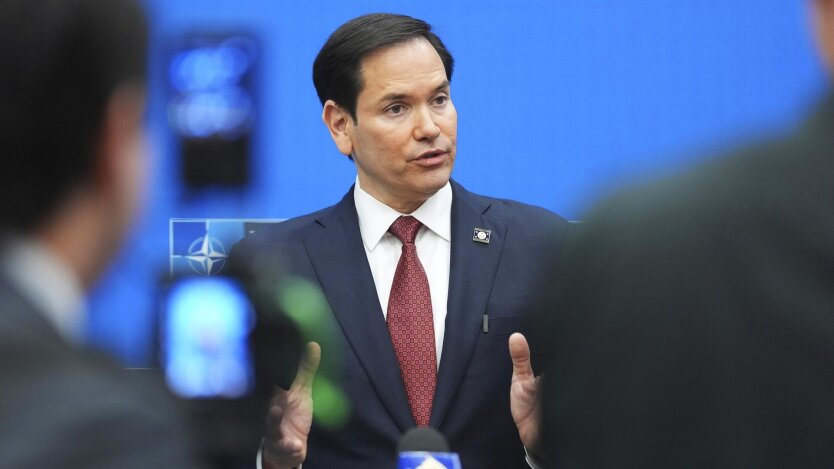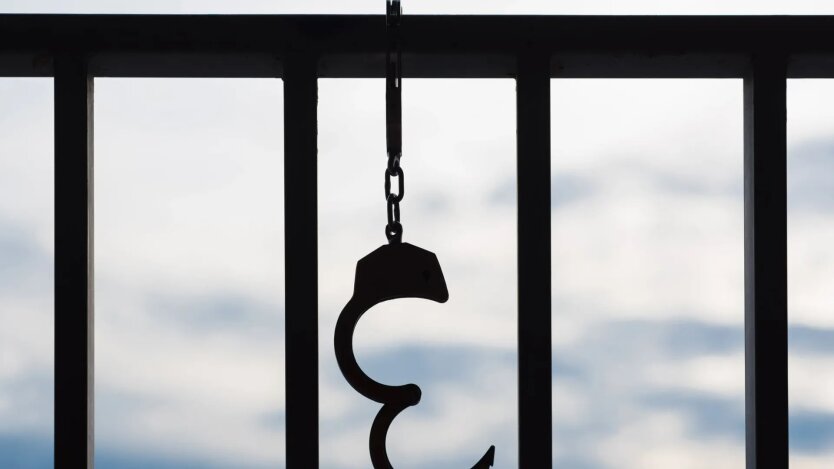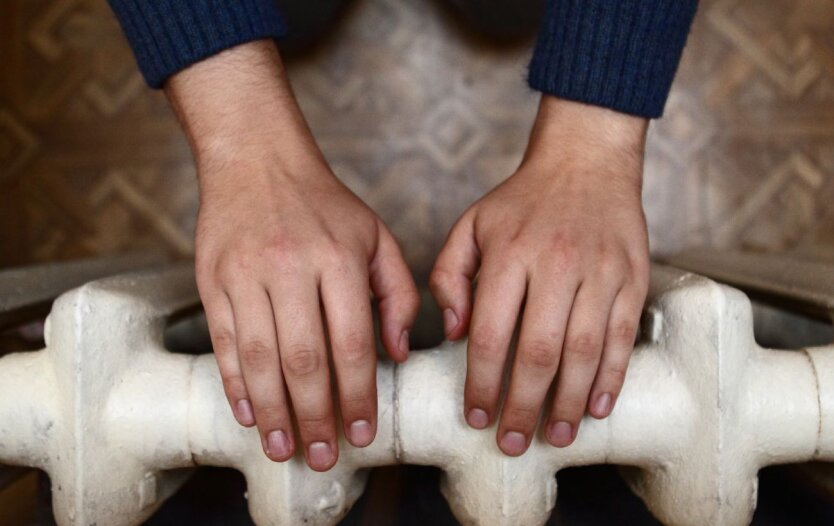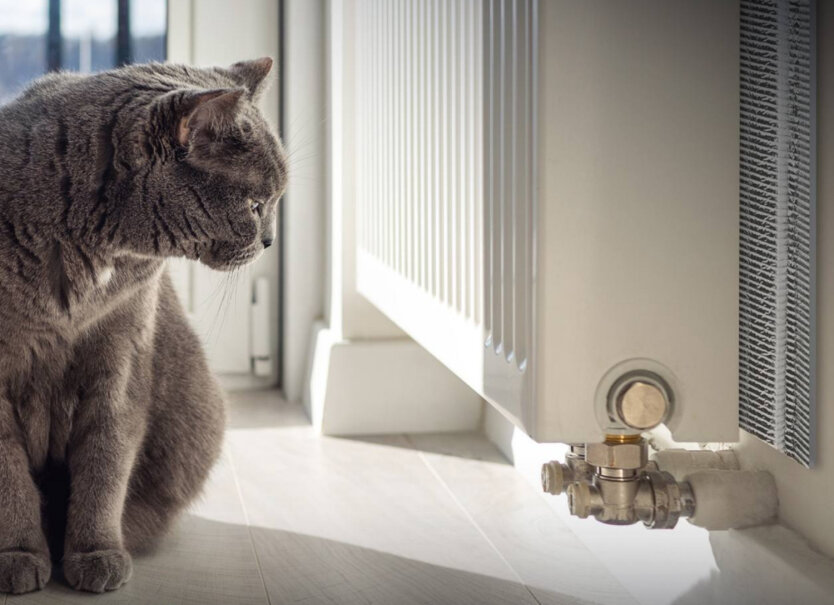EU Develops Strategy to Ban Russian Gas.

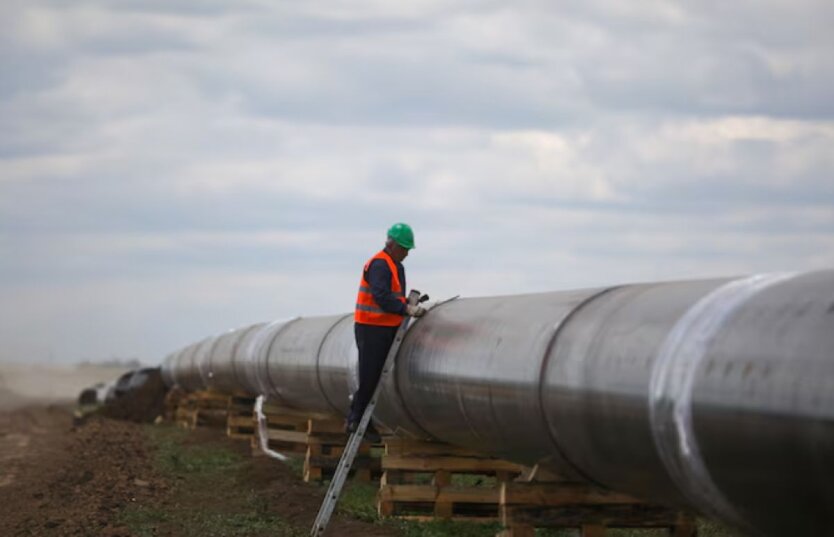
EU Plans to Gradually Abandon Russian Gas
The European Union is actively moving forward with the intent to gradually abandon Russian fossil fuels. Plans to limit gas purchases from Russia could be implemented in the coming months.
According to Bloomberg, Russian gas expenditures have decreased since Russia's aggression. However, Russia remains a major supplier due to existing pipelines and liquefied gas supplies.
'The stakes are high: in 2024, the EU purchased Russian energy resources worth a total of 23 billion euros, which exceeds the volume of military aid to Ukraine from last year,' shares a source.
The plans include a ban on contracts with Russia regarding gas purchases, as well as restrictions on entering into new contracts. This will open up the opportunity for American energy suppliers to deliver more LNG to Europe. This process is expected to be gradual and will last until 2027.
The European Union is also seeking alternative gas supply sources from the USA, Qatar, Canada, and Africa. Such steps will help reduce dependence on Russian gas and enhance supply security.
Analysis:
The EU is actively responding to geopolitical events and is moving towards reducing dependence on Russian gas. The plans for a gradual abandonment of the Russian resource indicate an important step in ensuring the energy security of the region. Diversifying gas supply sources is also crucial to avoid the risks of reliance on a single supplier.
Read also
- Tariffs rose by 50% over the weekend: Popenko explained who is inflating electricity prices for Ukrainians
- Call for Peace and Breakdown of Agreements: Rubio Makes Statement on Ukraine
- It became known about a secret network of prisons in the Russian Federation: what is happening to Ukrainians there
- The murderer of the wife and daughter of a Ukrainian soldier has already been found in Belgium: horrifying details
- Excessive meters and inflated tariffs: how Ukrainians overpay for heating
- Pipes did not survive the winter and officials: Ukrainians risk being left without heat in winter


